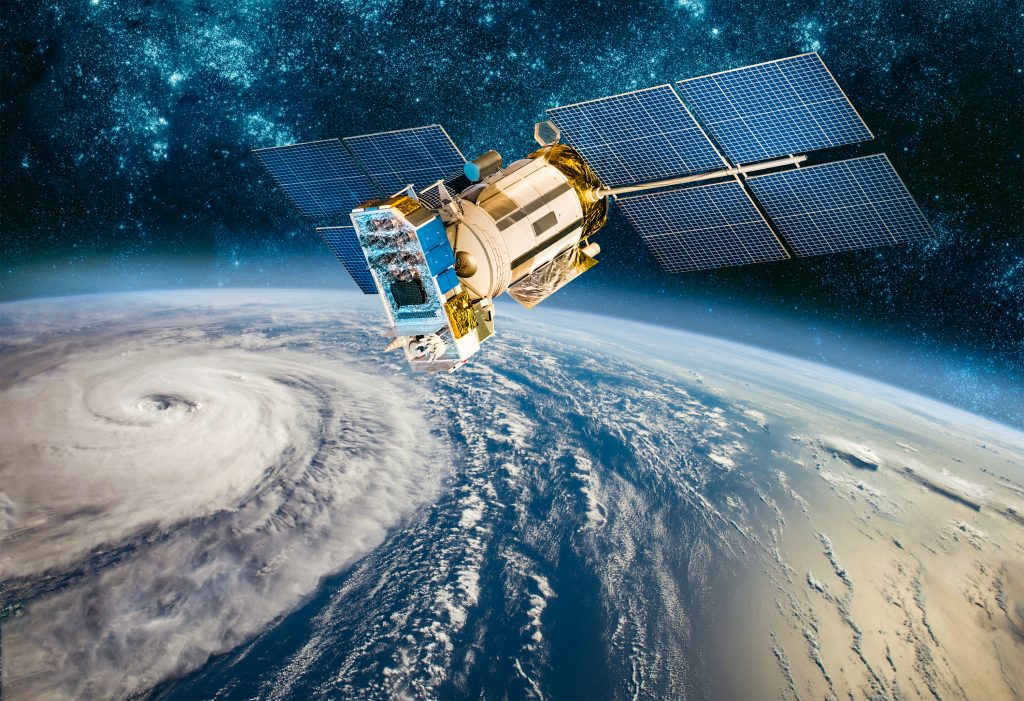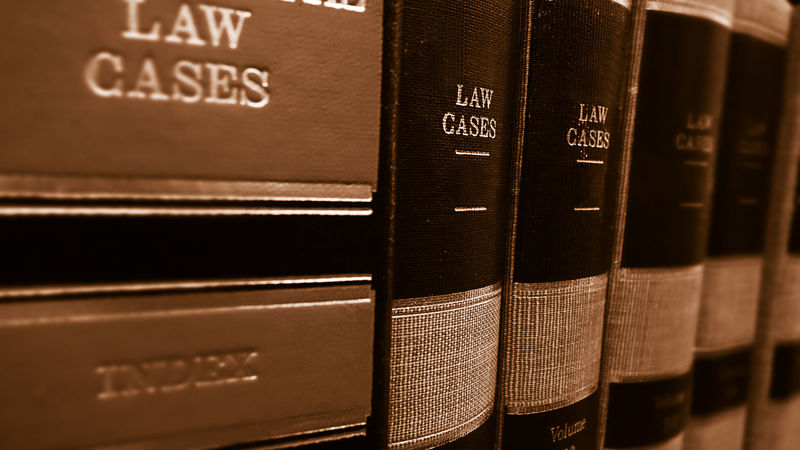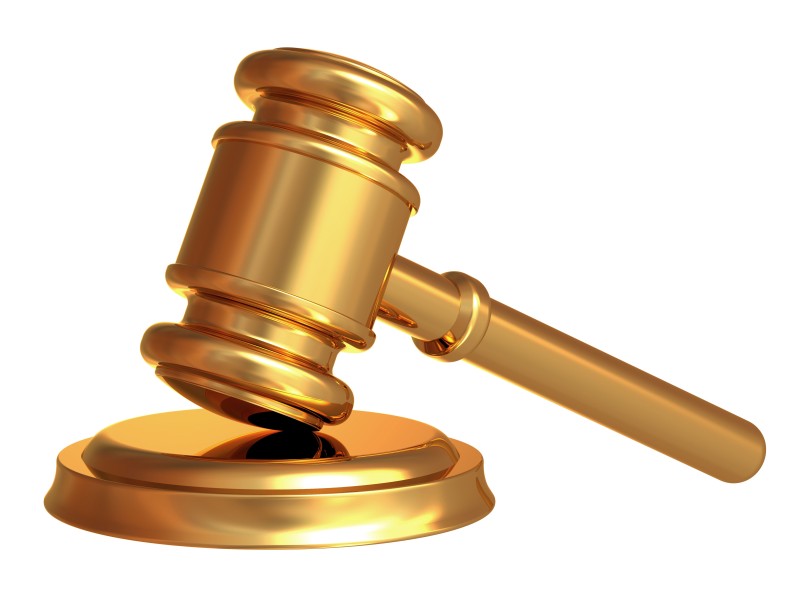With the latest discussion by the United States government about the inclusion of a Space Force into the military, some people might be wondering what sorts of disputes a Space Force would be responsible for settling. Obviously, if you experience an accident while in a plane, helicopter, or other airborne vehicles, you would need an airplane accident lawyer to help you receive compensation for your troubles. However, there are also regional bodies designed to deal with space law. The European Centre for Space Law, or the ECSL, is one of these such bodies.
What is the ECSL?
The European Space Agency, Europe’s counterpart to America’s NASA, created the ECSL in 1989 through the writing of a charter. This charter was renewed in 2009. One of its primary purposes is to provide a space for constructive conversation and dialogue between professionals and academics passionate about space law, and it encourages an interdisciplinary exchange of ideas through this dialogue.
Structure of the ECSL
As governmentally designated bodies go, the structure of the ECSL is relatively flexible and open. Every three years, the body has a general meeting which is open to all of its members. This body convenes to elect the ECSL Board and to make sure that the Board is made up of a locationally and professionally diverse group of members. Members can reside in ESA Member States, Associate States, or other European locations.
Members of this Board will usually have a great deal of experience with, and background in, the field of space law, and serve for three years. They are tasked with promoting the message of the ECSL at a local, national, and regional level.
There is also a full-time ECSL Secretariat, which is located at the ESA’s official headquarters in Paris, France.
How to become an ECSL member
If you reside in one of the ESA Member States or a country in a cooperative agreement with ESA, you are eligible to become a member. Membership costs a small annual fee and grants you the right to participate in specific ECSL member activities, to receive copies of certain ECSL publications, and a vote at the general meeting, whenever it is held.
Membership is valid for one year and is renewable after that period has elapsed.
What does the ECSL do?
There are many events throughout the year sponsored by the ECSL. They recently had a workshop about the regulation of space debris and active space debris removal. During this workshop, they unveiled their most recent space debris-related risk assessment plan, which is used by countries around the world as a tool to be used during space travel missions.
The ECSL also helped to host the Young Lawyers’ Symposium, an event that showcases the research and casework done by emerging lawyers in many different fields, not just relating to space law.
They help to develop policy ideas that may be instrumental once space travel is more popularized, and more people venture beyond Earth’s atmosphere.
During the summer and at other times throughout the year, they also offer courses in the practice of space law and its uses in the legal system.
Final thoughts

Although the practice and field of space law may seem irrelevant to the people of Earth, it may actually become an increasingly relevant field as privatized space travel and more innovation provide more visitors to the Earth’s orbit and beyond. When accidents occur in these parts of space, people skilled in space law and litigation will be essential in resolving any disputes that may arise from these incidents.
The practice of aviation law is just the beginning of space law. There are more complexities at play, but they are rooted in similar principles and at some point, into the future may become a more merged field than they already are.
The ECSL is a forward-thinking organization that one day might find itself critical to space justice.


